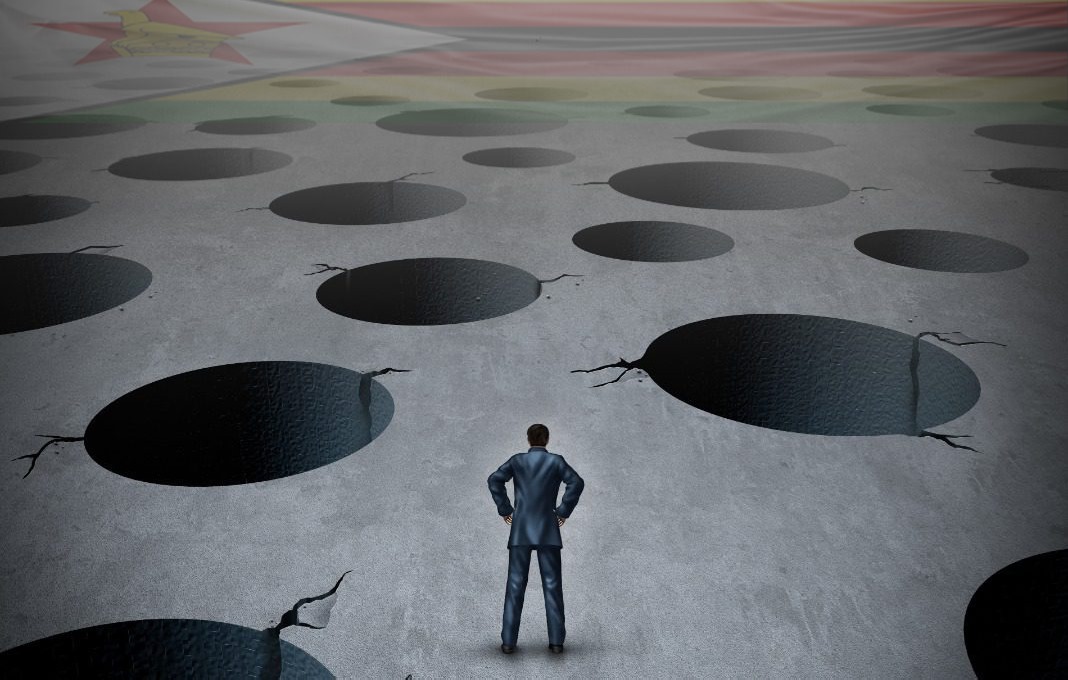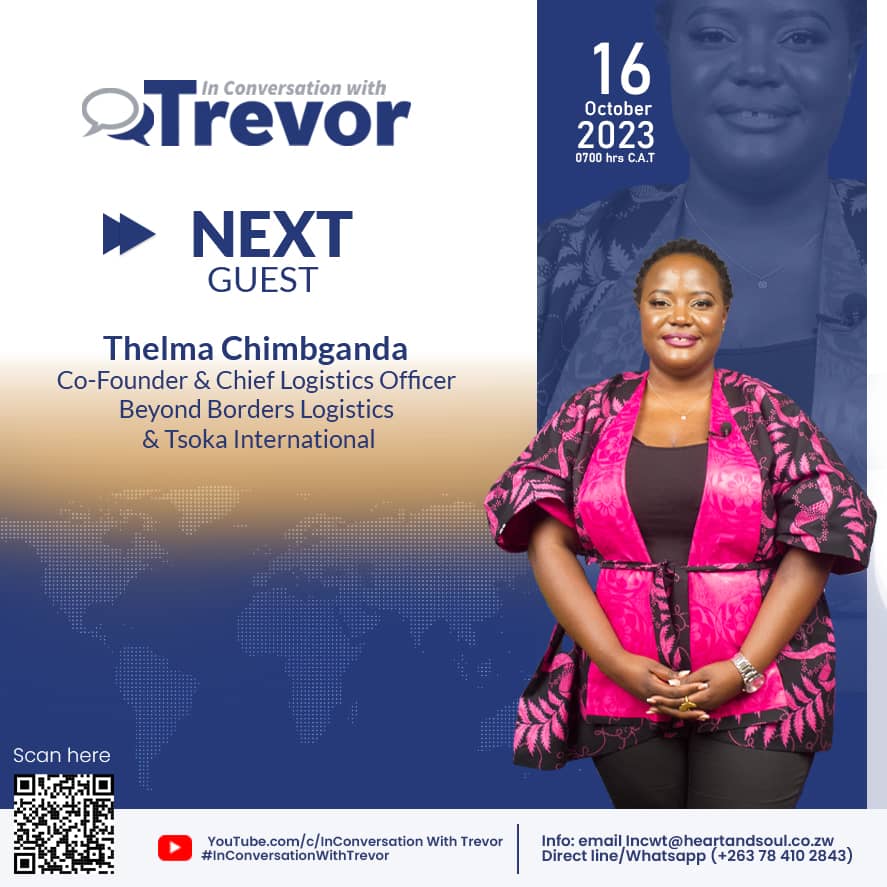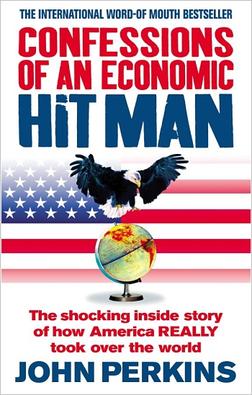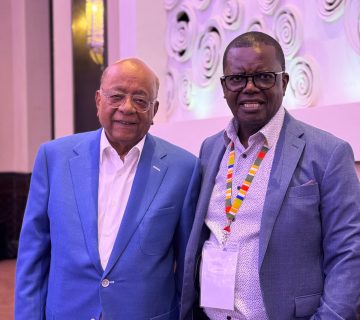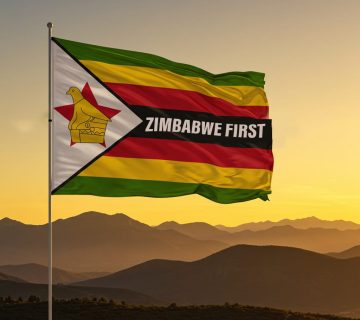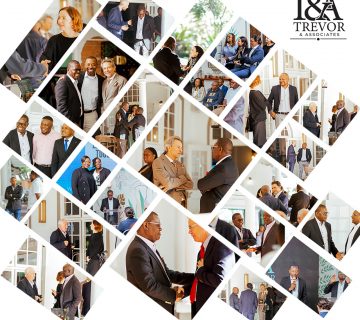 | |||
The pitfalls of a warped sense of nationhoodICWT Newsletter | Issue 59 By Nevanji MadanhireThe trouble with Zimbabwe presently is the question of nationhood. Put simply, at the centre of our troubles is the question: “Who are we?” After the euphoria that characterised the birth of our nation in 1980, everyone thought there would be concerted efforts to create a nation, in other words, to define our nationhood, not simply as a geographical reality but as a cultural amalgam of diverse constituencies that live together in harmony. Now more than four decades later the country is suffering the agony of a failed state. A state fails when it is unable to harness the diversities within it and use them to build the nation, but instead uses them to divide. Our war of independence, which was supposed to crystallise, our nationhood has now become divisive. In 1980 all the indigenous people who contributed to the war effort, and that’s about everybody, were the progressive forces. But as the decades have rolled by, progressives have become conservatives fighting to consolidate unitary nationhood, in which a single central entity holds all power and authority. A unitary nationhood is intolerant and is led by entitled people. In Zimbabwe those who took an active part (those who held guns) in the liberation war now feel entitled to do as they please masquerading as the champions of unity and togetherness while they are, in fact, the opposite. When they preach nationhood they are actually preaching their entitlement. Nationhood should be tolerant and inclusive; it should be pinned on the understanding that sovereignty isn’t insular but broad minded. The parochial understanding of sovereignty and nationhood found in Zimbabwe has led to the emergency of “new progressives” who wish to ventilate the unitary outlook by opening up the country to plural voices and promote the diverse constituencies lying dormant in Zimbabwe. They ride on the mantra that change, of necessity, must happen. But that comes with its own problems because among the so-called progressives are loads of counterrevolutionaries who come with their own baggage. The country becomes a playground for geopolitical conflicts that have far-reaching consequences. Counterrevolutionaries accept sponsorship from anyone including the country’s enemies. They can also go to bed with money launderers and drug cartels to achieve their purpose. This is what has shredded Zimbabwe’s nationhood. Add to this, poor leadership. Poor leadership by its nature goes against nation-building. Bad leaders are informed, not by ideology or principle, but by personal interest. The obvious manifestations of poor leadership is the quick default to tribal allegiances and nepotism and the fear to surround oneself with capable people who are seen as threats instead of helpers who can help the leader achieve national goals. Justice and fairness are at the core of good leadership and they project a great image of a nation to both the citizens and the wider world, hence they help to consolidate nationhood. When justice is perverted through “lawfare”, the taste of unfairness leads to passive resistance which manifests itself in apathy and the protest vote as witnessed in the elections of August 23. Elections will never work in Zimbabwe as long as we have not collectively figured out who we are as a nation and cleared all the hurdles that stand in the way of our nationhood. | |||
In Conversation with Henry BinduHenry Bindu, Founder and CEO of Real Men Talk and Extreme Fitness Gym is passionate about mental health, son and father relationships in society. In this weeks episode he explains why he got into this space and the source of his passion. Henry emphasizes the need to address the issues men and boys face. He says men should value and love themselves to be role models to the next generation. Watch his episode here.. | |||
Audience ResponsesFrom the Henry Bindu episode, our community had this to say:
| |||
Coming Next: In Conversation with Thelma ChimbgandaDon’t miss the next episode with Co-Founder & Chief Logistics Officer Beyond Borders Logistics & Tsoka International Thelma Chimbganda In Conversation with Trevor. | |||
 Subscribe to our newsletter here. Subscribe to our newsletter here. | |||
Podcasts | |||
 | Zimbabwean entrepreneur and newspaper publisher Trevor Ncube sits down with various high-profile guests in a series of candid, conversations that seeks to go beyond the headlines and beyond the sensational. | ||
| |||
Book of the WeekConfessions of an Economic Hit Man by John Perkins Recommended Reading: | |||
| © AlphaMedia Holdings 2022 Stand No. 17382, Cnr Bessemer/Strand Road, Graniteside, Harare, Zimbabwe |

